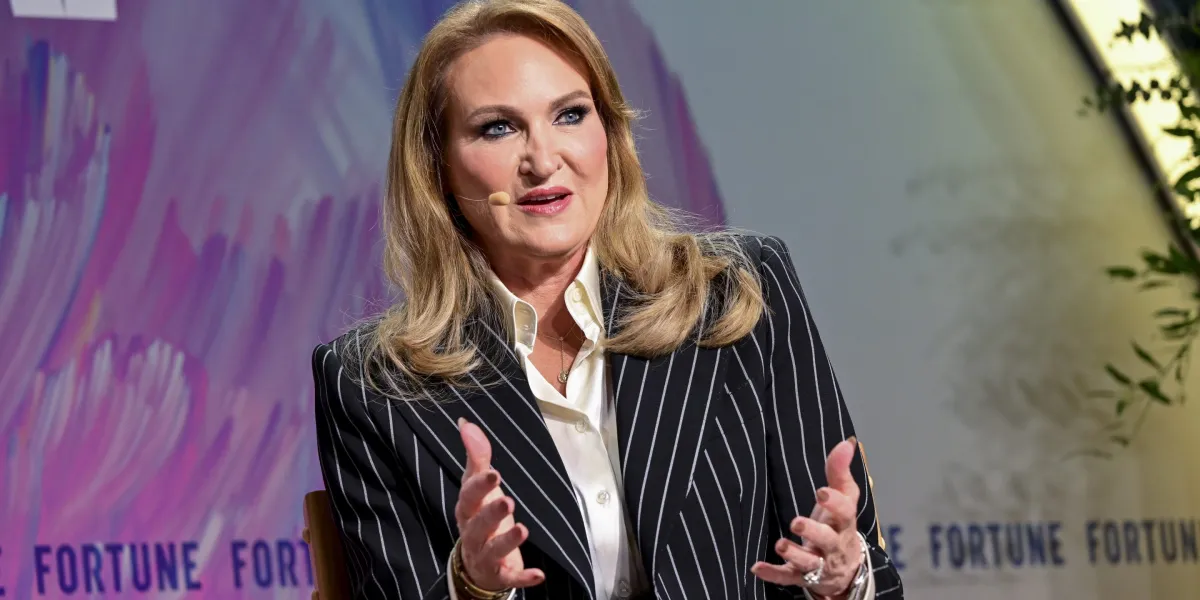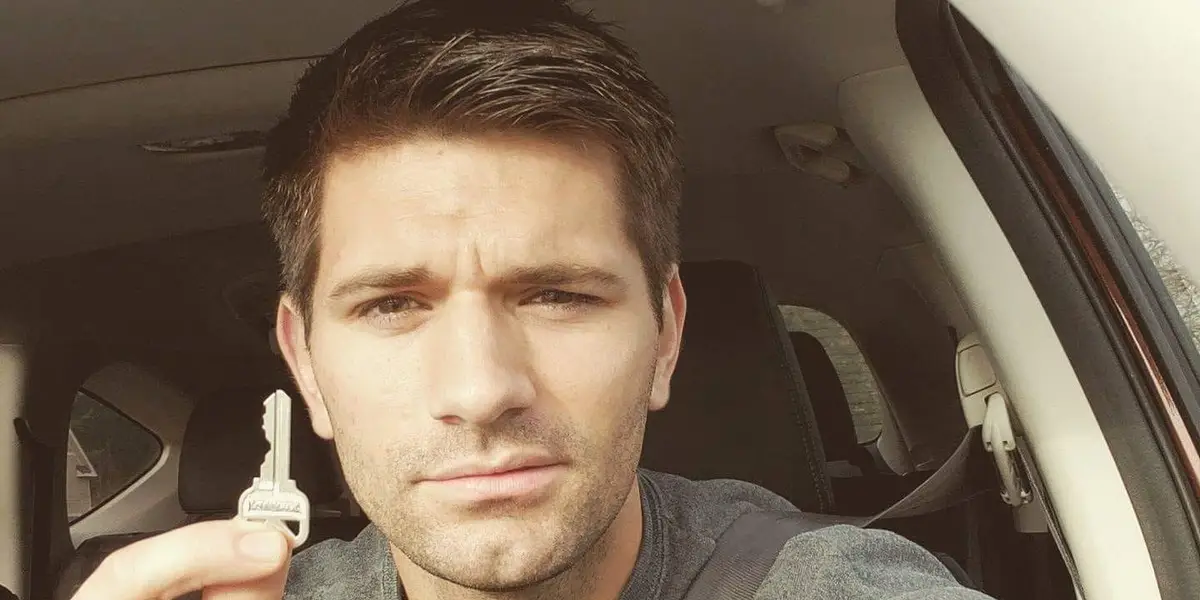Copyright Forbes

At the inaugural event of the AfroDiaspora Colloquium, Asake served as the featured guest and delved into dialogue concerning how his artistry contributes to the lexicon of global Black expression. On Friday, November 7, Asake joined us at the Institute of African Studies at Columbia University for a personable dialogue as part of the inaugural event of the AfroDiaspora Colloquium, a conversation series I started at the university this fall, A Conversation With Asake. Allow understanding to permeate your mind here. As someone who has not been in the music business for even a decade, he has amassed accolades such as the prestigious African Headies, two Grammy nominations. He has broken records, selling out the O2 Arena and being the first Afrobeats artist to do so. He was the most streamed artist on Spotify in Sub-Saharan Africa for two consecutive years, and the week he dropped his debut, Mr. Money With the Vibe, it entered the top 10 most streamed albums globally. And not to mention, a happening that stands in the periphery of such metrics is Asake’s outstanding reach beyond Sub-Saharan Africa, stretching from East Africa (as a Barnard Student testified) to North America. Yes, this reach is dominantly situated within African communities throughout the diaspora, but due to the prominence of Afrobeats in contemporary music and the music business, an artist like Asake is well received among all those who are enthusiasts of Afrobeats. MORE FOR YOU The core purpose of inviting an artist of Asake’s caliber to an American Ivy league institution is not simply so the “Organise” singer can have his moment. This was for the sake of forming a bridge between the commune of African academia and the professional sector of the African music business. There is value in placing an academic lens onto the arts, particularly in this case of contemporary African music—especially amid a climate where area studies stands challenged in the face of hegemony. There was a common theme that arose in Asake’s responses throughout our dialogue. Poised in cool Lagosian man swagger, with a radiating soul that is as gentle as cashmere, the guiding theme in our exchange was authenticity. When I posed the question about his observations of the African locatives of his music industry blow-up, Asake shared that he was too fixated on the trance of his music creation to even find relevance in such metrics. “Listening to Asake that day, I was struck by his message,” said Jinny Prais, Associate Director of the Institute of African Studies at Columbia University. “He told the students to know themselves, trust themselves, and spend time with themselves-to love who they are and not abandon their purpose. He spoke about following intuition, about learning through mistakes, about never giving up on oneself. It was a message of self-knowledge and radical self-belief, and after fourteen years of keeping IAS alive through cycles. I felt it deeply.” Overarching authenticity is Asake’s deep reverence of his spiritual world, frequently crediting God as the force behind his creativity. It is safe to say our discussion served as an informal lecture concerning the fusion of authenticity and spirituality in the art of creating. On Friday, Knox Hall, the home of Columbia’s Institute of African Studies, was bombarded with dedicated fans alongside enthusiasts of Africa from across the university, including students and faculty from the School of General Studies, School of International and Public Affairs, Columbia Business School, and the School of Social Work. Asake’s coming to Columbia stood ahead of his Red Bull Symphonic performance at Brooklyn’s King’s Theatre on Saturday, November 8, a now sold-out show that marks the first Red Bull symphonic to take place in New York City. Not only does this stand as another accolade to add to Asake’s career victories, but it also serves as a testament to the overwhelming demand for African artists in the United States.



